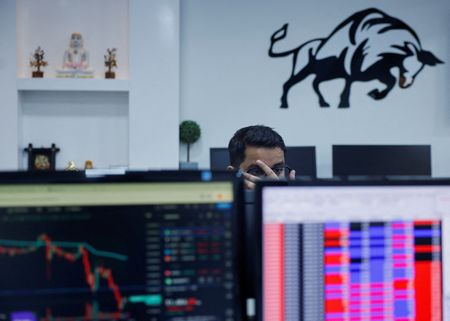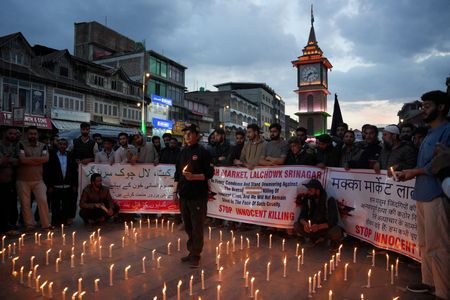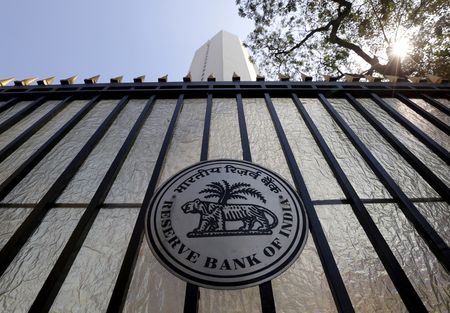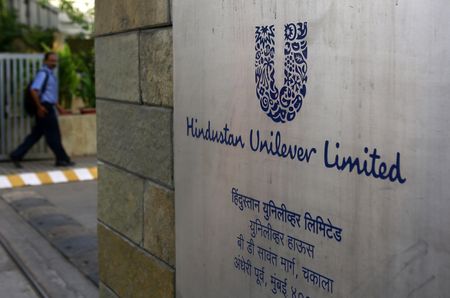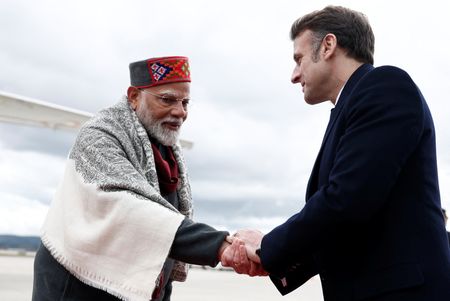By Nimesh Vora and Dharamraj Dhutia
MUMBAI (Reuters) -India’s foreign exchange and interest rate traders have turned cautious on fears of a possible escalation in tensions between New Delhi and Islamabad following a deadly militant attack in India’s Kashmir region.
Suspected militants killed 26 men at a tourist destination in Kashmir on Tuesday in the worst attack on civilians in the country in nearly two decades. Indian Foreign Secretary Vikram Misri said that there was cross-border involvement in the attack.
New Delhi has suspended a six-decade old river-sharing treaty and closed the only land crossing between the nuclear-armed rivals.
A day after the attack, the Indian rupee recorded its worst performance in two weeks. The currency continued to weaken on Thursday, falling to 85.6625 against the U.S. dollar.
Worries about New Delhi’s response to the attack are leading to some unease, according to three bankers.
The Kashmir attack has played a role in the rupee’s weakness, coupled with the recovery in the dollar index, a senior treasury official at a bank said.
However, it is difficult to quantify the exact impact of each factor on the rupee’s decline, said the banker, who asked not to be identified as he is not permitted to speak to media.
Dollar/rupee forward premiums rose alongside the rupee’s decline. Indian bonds fell and interest rate swaps hardened.
While the size of the moves “is not big by any measure”, it reflects the uncertainty on what could unfold next, a forex and swap trader at a bank said.
India’s 5-year overnight index swap rate has risen 12 basis points from Wednesday’s low, while the 1-year OIS is up by about half that amount. Meanwhile, the 10-year India benchmark bond yield climbed to 6.36% on Wednesday and held near that level on Thursday.
Alok Sharma, head of treasury at ICBC, anticipates the 10-year yield will stay above 6.30% because of the caution following the attack. This sentiment is driving “more paying interest” in OIS and forward premiums, he said.
Kashmir has been at the heart of India-Pakistan animosity for decades and the site of multiple wars, insurgency and diplomatic standoffs.
The market was “reacting to uncertainty, not fundamentals,” Manish Bhargava, CEO of Straits Investment Management, said.
“The path forward depends on how the situation unfolds.”
(Reporting by Nimesh Vora, Dharamraj Dhutia; Editing by Mrigank Dhaniwala)

